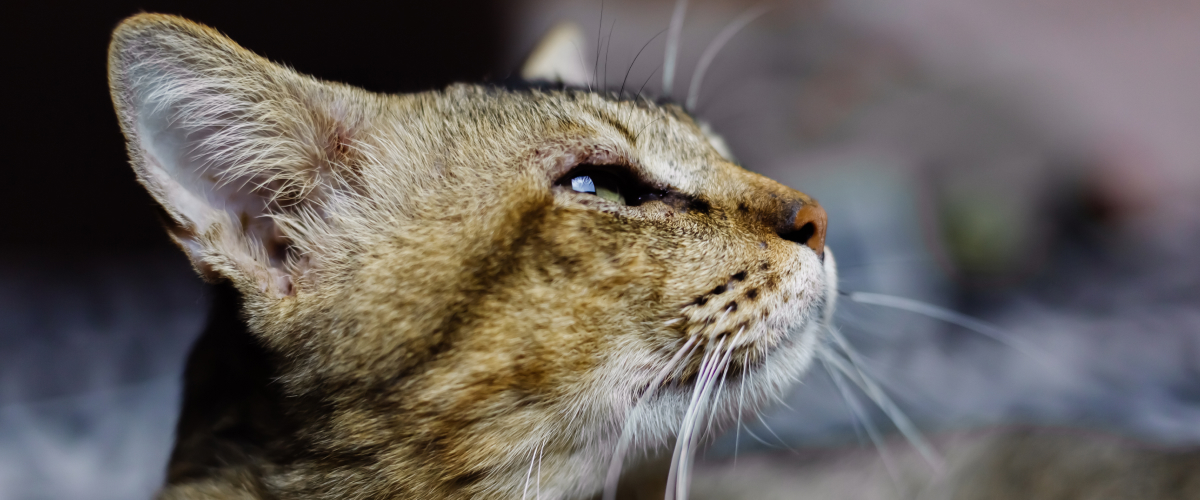Arthritis: Arthritis is a common degenerative joint disease that causes inflammation and pain in the joints. Senior pets are more susceptible to arthritis due to wear and tear on their joints over time. Symptoms include limping, stiffness, reluctance to move, and difficulty getting up or lying down.
Dental Disease: Dental disease, including periodontal disease, tooth decay, and gum disease, is prevalent in senior pets. Poor dental health can lead to pain, infection, tooth loss, and systemic health issues if left untreated. Symptoms include bad breath, swollen gums, difficulty eating, and drooling.
Obesity: Senior pets are at increased risk of obesity due to decreased activity levels, slower metabolism, and age-related changes in body composition. Obesity can contribute to various health problems, including arthritis, diabetes, heart disease, and respiratory issues.
Kidney Disease: Chronic kidney disease (CKD) is a common age-related condition in senior pets, particularly cats. CKD is characterized by a gradual loss of kidney function over time, leading to symptoms such as increased thirst and urination, weight loss, poor appetite, vomiting, and lethargy.
Heart Disease: Senior pets are prone to heart diseases such as congestive heart failure, cardiomyopathy, and valvular disease. These conditions can lead to symptoms such as coughing, difficulty breathing, exercise intolerance, fluid buildup (edema), and fainting.
Cancer: Cancer is more common in senior pets and can manifest in various forms, including skin tumors, mammary tumors, lymphoma, and bone cancer. Symptoms vary depending on the type and location of the cancer but may include lumps or bumps, weight loss, lethargy, changes in appetite, and difficulty breathing.
Diabetes Mellitus: Diabetes mellitus is a metabolic disorder characterized by high blood sugar levels due to inadequate insulin production or insulin resistance. Senior pets, particularly overweight cats and dogs, are at increased risk of developing diabetes. Symptoms include increased thirst and urination, weight loss, increased appetite, and lethargy.
Hypertension (High Blood Pressure): Hypertension is common in senior pets, especially those with underlying health conditions such as kidney disease or hyperthyroidism. Hypertension can lead to organ damage and exacerbate existing health issues. Symptoms may include blindness, disorientation, seizures, and nosebleeds.
Hyperthyroidism: Hyperthyroidism is a common endocrine disorder in senior cats caused by an overactive thyroid gland. Symptoms include weight loss, increased appetite, hyperactivity, vomiting, diarrhea, and unkempt appearance.
Cognitive Dysfunction Syndrome: Cognitive dysfunction syndrome (CDS), often referred to as senility or dementia in pets, is characterized by cognitive decline similar to Alzheimer’s disease in humans. Senior pets may exhibit symptoms such as disorientation, changes in sleep patterns, house soiling, decreased interaction, and altered behavior.
Regular veterinary check-ups, preventive care, a balanced diet, and appropriate exercise can help detect and manage these common diseases in senior pets, improving their quality of life and extending their lifespan.

